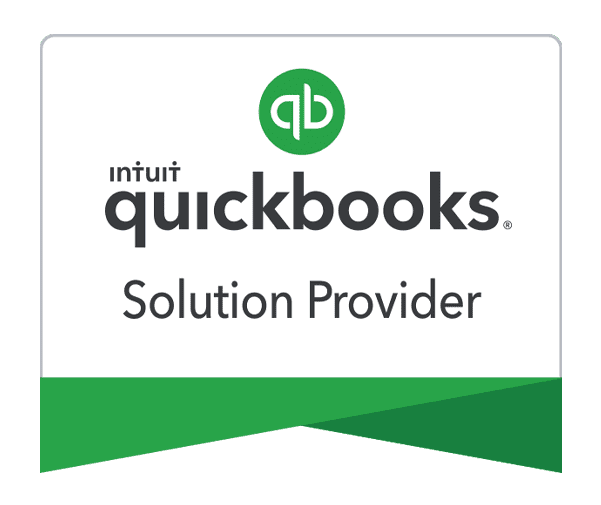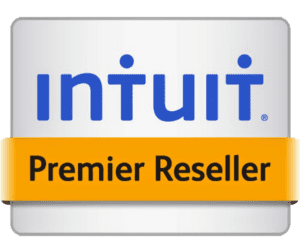
Paygration, Inc.
Moving your accounting operations from QuickBooks Desktop to QuickBooks Online can be a significant step in streamlining your business processes and embracing cloud-based solutions. However, this transition requires careful planning and execution to ensure a smooth migration without disrupting your day-to-day operations. In this guide, we’ll explore the do’s and don’ts of moving from QuickBooks Desktop to Online, helping you navigate the process effectively.
But before that, let us first discuss why businesses move from QuickBooks Desktop to QuickBooks Online.
- Accessibility: QuickBooks Online allows users to access their accounting data from anywhere with an internet connection, enabling remote work and collaboration among team members.
- Automatic Updates: With QuickBooks Online, updates are automatic and seamless, eliminating the need for manual installations and ensuring that you always have access to the latest features and improvements.
- Integration: QuickBooks Online integrates with a wide range of third-party apps and tools, offering enhanced functionality and customization options to suit your business needs.
- Scalability: QuickBooks Online is scalable, making it suitable for businesses of all sizes, from startups to large enterprises. As your business grows, QuickBooks Online can accommodate your expanding accounting requirements.
See why many businesses choose QuickBooks Online.
Do’s for Moving to QuickBooks Online
- Plan Ahead: Before making the switch, create a detailed plan outlining the steps involved in the migration process. Identify key stakeholders, set a timeline, and allocate resources accordingly. Planning ahead will help minimize disruptions and ensure a smooth transition.
- Back Up Your Data: Prior to migrating to QuickBooks Online, it’s essential to create a backup of your QuickBooks Desktop data. This backup will serve as a safety net in case of any unexpected issues during the migration process. QuickBooks Desktop provides tools for backing up your data, ensuring that your financial information remains secure.
- Clean Up Your Data: Take the opportunity to clean up your data before migrating to QuickBooks Online. Remove any duplicate or outdated entries, reconcile accounts, and ensure that your data is accurate and up to date. Cleaning up your data will make the migration process more efficient and help prevent errors in your new QuickBooks Online account.
- Get Familiar with QuickBooks Online: Familiarize yourself and your team with QuickBooks Online’s interface and features before making the switch. QuickBooks Online operates differently from QuickBooks Desktop, so training and education are essential for a smooth transition. Take advantage of tutorials, webinars, and online resources provided by Intuit to learn how to navigate QuickBooks Online effectively.
Don’ts for Moving to QuickBooks Online
- Don’t Rush the Process: Moving from QuickBooks Desktop to Online is a significant change, so avoid rushing the process. Take the time to plan and prepare thoroughly, ensuring that you address any potential challenges or concerns before migrating your data. Rushing the process can lead to errors and complications that could have been avoided with proper planning.
- Don’t Ignore Compatibility Issues: QuickBooks Desktop and QuickBooks Online operate on different platforms, which can lead to compatibility issues during the migration process. Don’t ignore these compatibility issues; instead, address them proactively by researching and implementing solutions to ensure a seamless transition.
- Don’t Forget to Notify Stakeholders: Inform your team members, clients, and any other relevant stakeholders about the transition to QuickBooks Online. Communication is key to managing expectations and ensuring a smooth transition for everyone involved. Provide training and support to help stakeholders adjust to the new system and address any questions or concerns they may have.
- Don’t Neglect Data Security: Data security is paramount when migrating from QuickBooks Desktop to Online. Don’t neglect security measures during the transition process. Ensure that your data is encrypted, and implement multi-factor authentication to protect your QuickBooks Online account from unauthorized access. Additionally, educate your team members about best practices for data security to minimize the risk of breaches or data loss.
Learn how to convert data and files from QuickBooks Desktop to Online.
Transition with Ease with Paygration
Transitioning from QuickBooks Desktop to QuickBooks Online may seem daunting, but with the right approach and support, it can be a smooth and seamless process. If you need assistance with migrating to QuickBooks Online, Paygration is here to help. Paygration offers a free demo and consultation for QuickBooks Online, helping you understand the benefits and features of the platform.
With Paygration’s expertise, you can navigate the transition process with confidence, knowing that your data will be securely migrated to QuickBooks Online without any disruptions to your business operations. To get started, call Paygration at 866-949-7267 and schedule your free demo and consultation today. Take the first step towards a more efficient and streamlined accounting process with QuickBooks Online and Paygration.
















